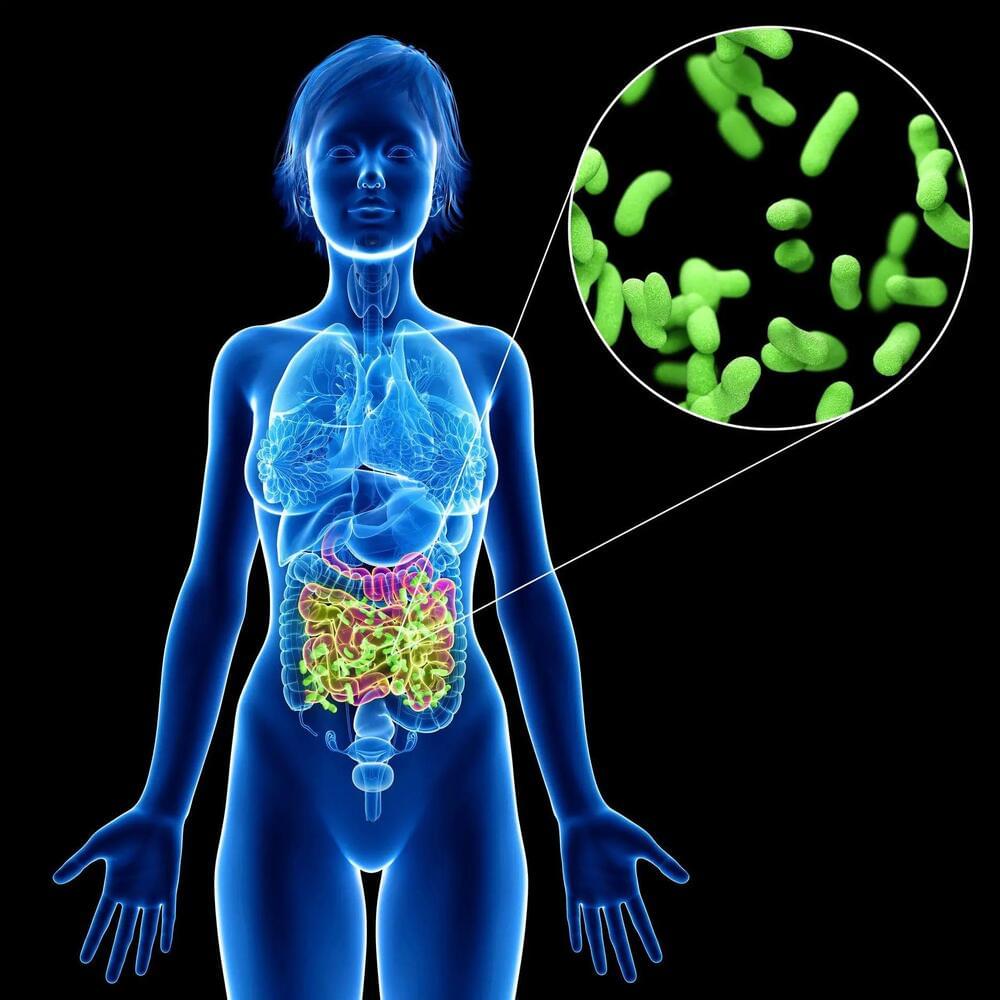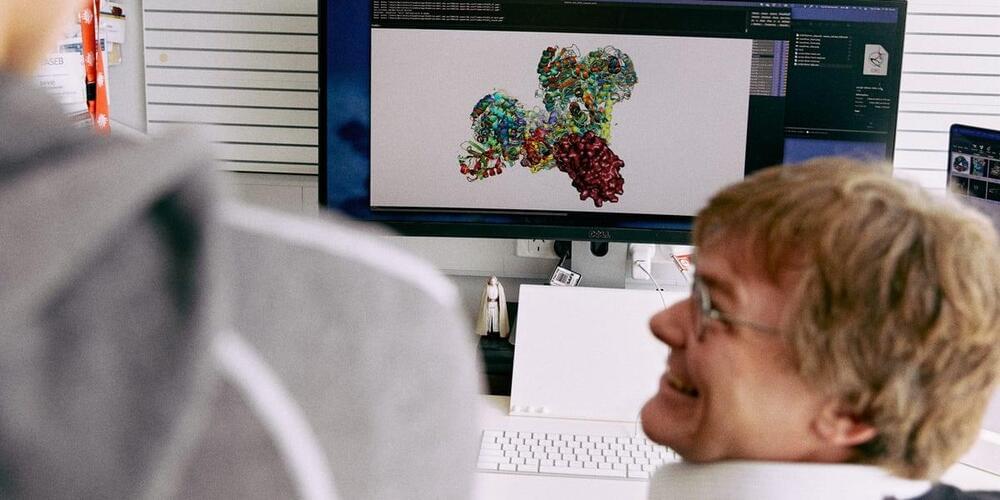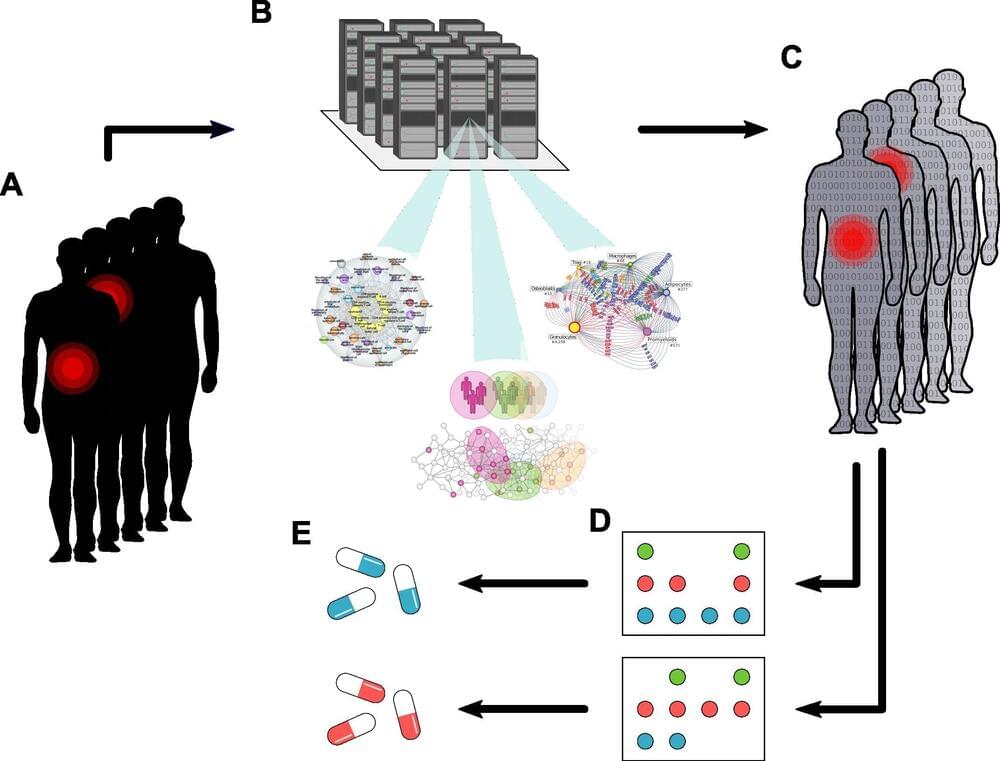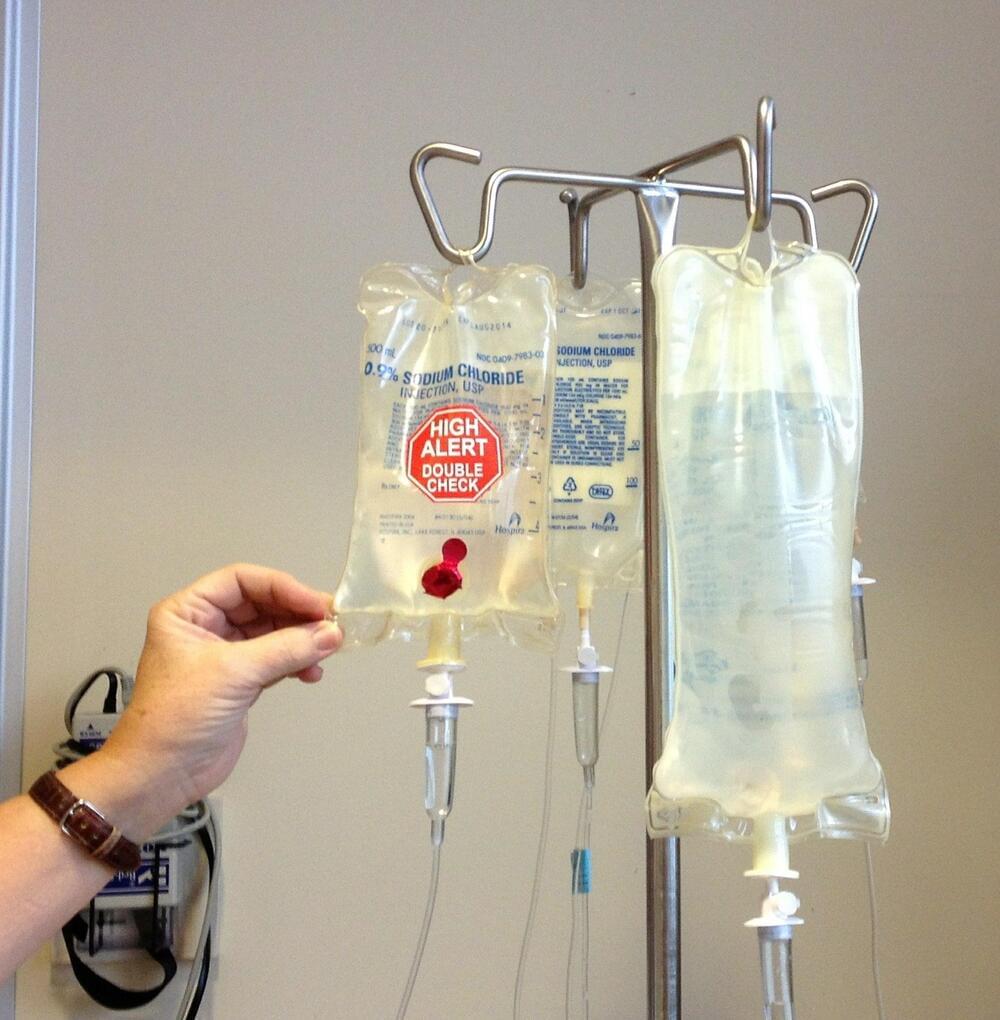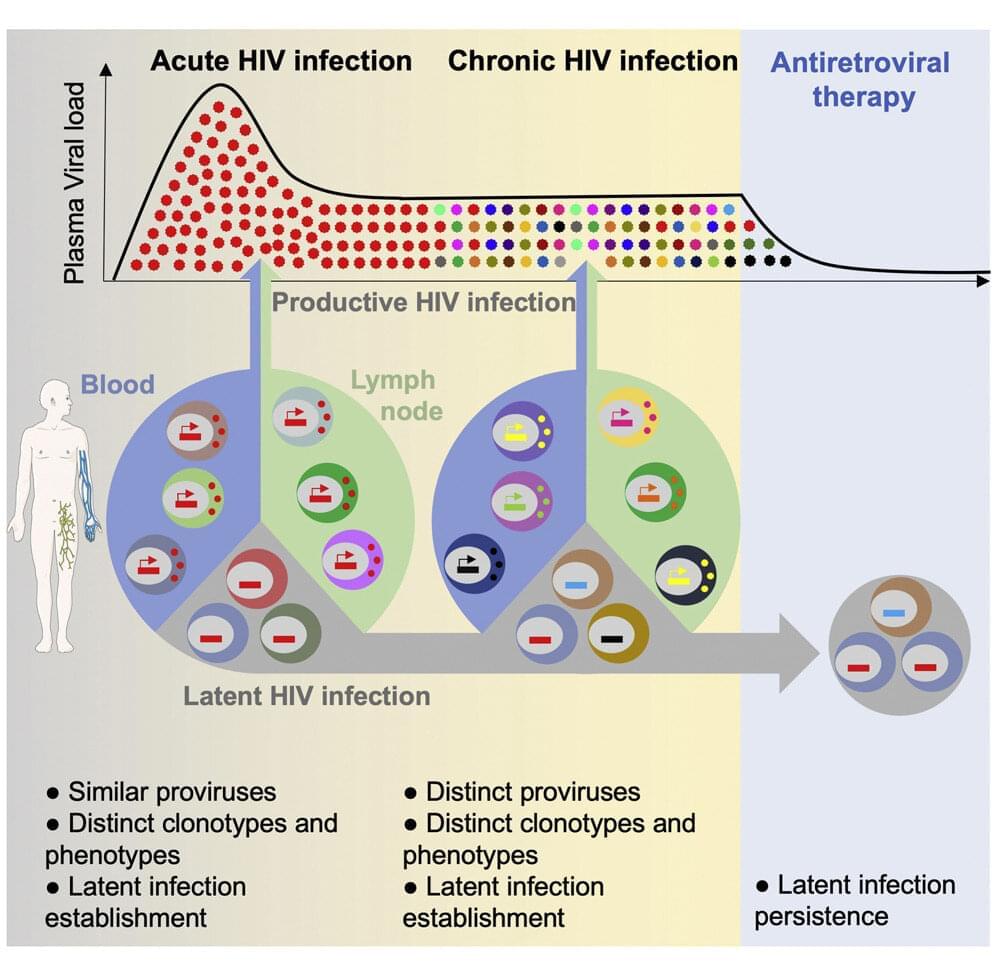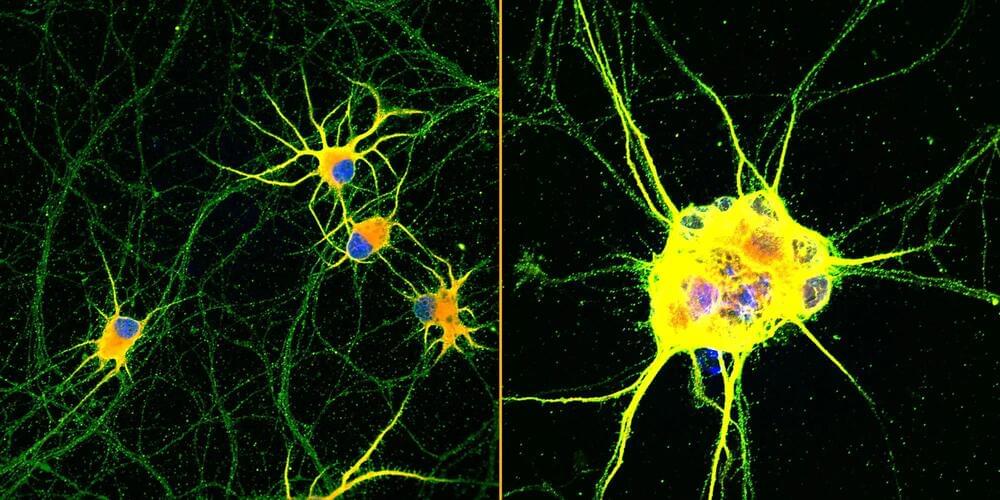Mar 1, 2023
Gene Therapy Clinical Trial for Frontotemporal Dementia Has Begun
Posted by Omuterema Akhahenda in categories: biotech/medical, genetics, neuroscience
Bruce Willis has FTD. I always wondered if gene therapy could help. Apparently so did Passage Bio, and they are doing clinical trials.
FTD is a disorder that affects the frontal and temporal lobes of the brain, areas that control personality, executive function, and language. FTD is a form of early onset dementia and currently has no approved disease-modifying therapies. In approximately 5–10% of individuals with FTD, the disease occurs because of mutations in the GRN gene. These mutations cause a deficiency of progranulin that helps regulate cellular processes.
Continue reading “Gene Therapy Clinical Trial for Frontotemporal Dementia Has Begun” »


